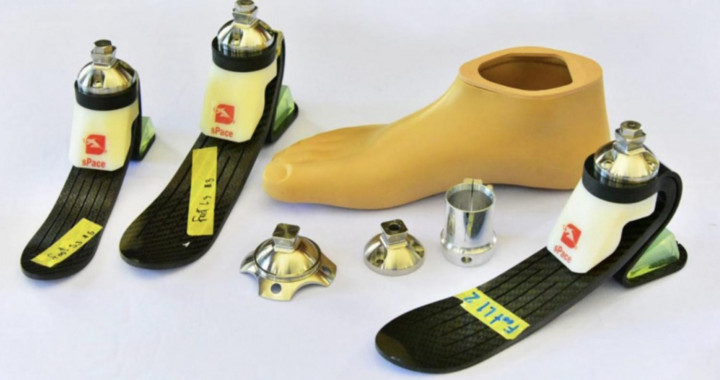
The National Research Council of Thailand (NRCT) and the Ministry of Higher Education, Science, Research and Innovation (MHESI) have granted a research fund to develop dynamic-response feet — an energy-storing prosthetic — for the disabled, via the universal healthcare programme.
Deputy government spokeswoman Rachada Dhnadirek said yesterday that the NRCT and MHESI have funded the joint project between the Faculty of Engineering at Chulalongkorn University and Sirindhorn School of Prosthetics and Orthotics under the Faculty of Medicine, Siriraj Hospital, to develop this new kind of prosthetic that can help the physically handicapped walk.
“Some 67 prototypes of dynamic-response feet that have been created by the research team were donated to 13 hospitals to help the disabled and help reduce the cost of importing prosthetic feet,” said Ms Rachada.
The goal is to make life easier for the disabled and increase the chances of them being able to earn an income.
These domestically-produced dynamic-response feet are five times cheaper than imported versions. The research team has produced some for commercial use and exported them to other Association of Southeast Asian Nation (Asean) member states.
The prosthetics are now being proposed for inclusion in the government’s healthcare scheme, which would make them more affordable for disabled people in Thailand, said Ms Rachada.

